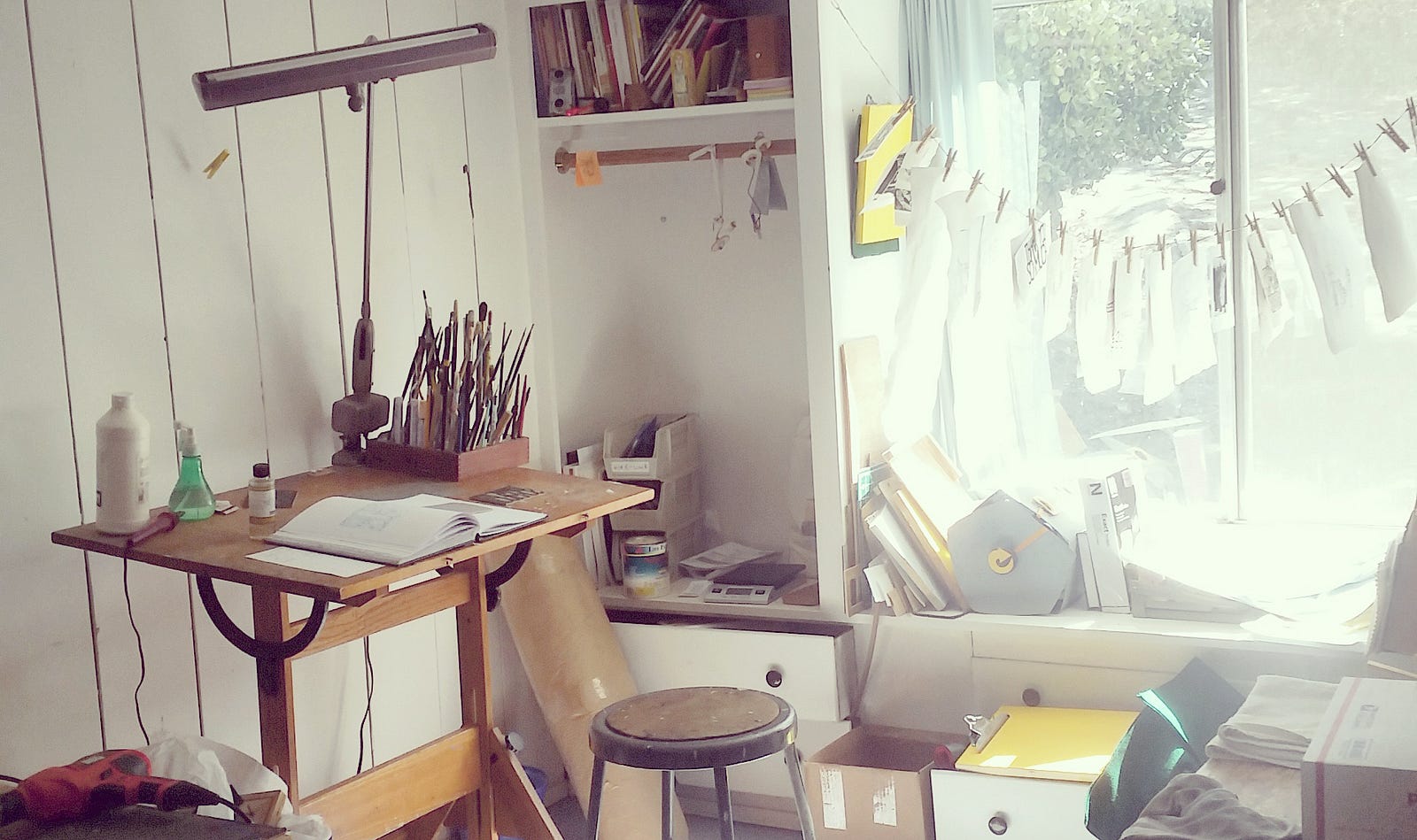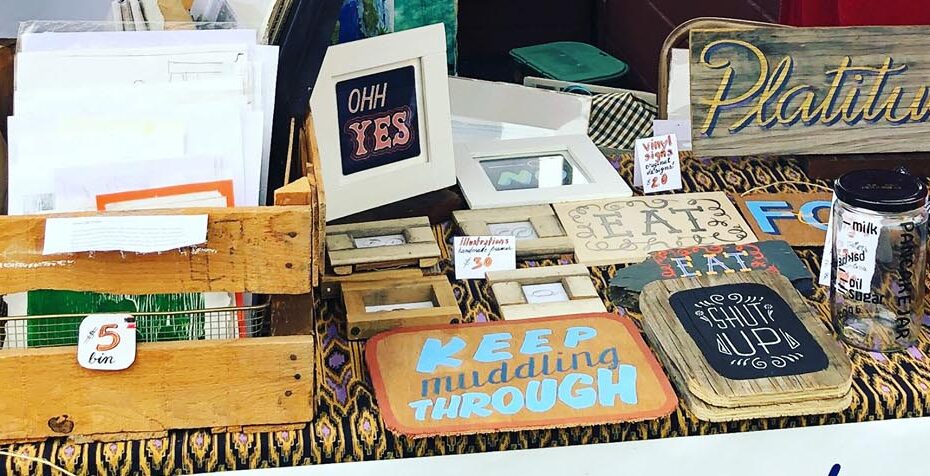Are you a hobby or a business?
As a serial arts and crafts hustler, I had to learn the hard way not to get a business license to sell crafts right away. I read the blogs, and they tell you to dive in headfirst. Not this blog. I encourage crafters test the water first. Getting a business license before you’ve made a sale is positive thinking, and if you have the money to blow, I encourage getting one because I believe in the power of positive thinking, but for crafters, it’s a decision to make with some consideration.
As a coach, my mission is to help my clients bring their creative passion into their life. It’s about quality of life and a self discovery, and sometimes the money end of it can take some time. In many cases, profit isn’t important to makers at all. Their making is about identity and sharing. Every creative finds their handmade goods take them to new places. Some of them follow their craft to a new career. But I do not encourage making that change on paper until the numbers add up and the crafter is ready to embark on an entirely different life. When you make significant money from your craft, your lifestyle changes. You get busy.
Launch as a Hobby

I recommend starting your maker business as a hobby. If, after the first year or so, your hobby is turning a recognizable profit, consider a business license. If you currently work full time, you’ll need to report your hobby income, and if your hobby income is high the cat will be out of the bag. However, if your total yearly income is not enough that you need to file, you may be able to get by without a business license.
The Limits of Starting as a Hobby
The downside of classifying your craft hustle as a hobby is when tax time comes around, you can’t deduct more money than you make. For most hobbies, that’s fine and it’s worth saving the added expense purchasing a business license adds.
If you’re going to operate as a hobby, you need to follow a few rules until you’re ready to make the leap to fully licensed business. The government has a list of rules to help define that grey area between hobby and business. If you’re advertising and showing other signs of intent to grow and profit, like opening a business checking account, they’ll consider you a business.
Use Your Name
Another rule for testing the waters as a hobby is- you need to use your own name in your venture. Your first and last. The rules vary slightly by state. In California, you can go by J. Smith, but other states may not allow for a first initial in place of your full first name. If you’re selling under a name that isn’t yours, then legally you need a DBA (Doing Business As) certificate. And if you get one of those, your city is going to charge you for doing business.
I recommend starting your hobby with your name in it for several reasons. One, your friends will know its you, and they are probably your primary customer. Two, should you officially become a business, you won’t have to mess with getting a pesky DBA. I don’t know about you, but, taking out an announcement in the paper for two weeks and going to the notary every few years isn’t my idea of a good time.
Are You a Sunday Crafter?

I recommend not signing up for the business license in cases where your dedication to your craft is intermittent. I put my craft aside and slowed my business down to hobby pace to increase my focus on parenting. I had to take a few steps to un-register my business with the city. And I had to cancel my DBA by filing paperwork and publishing a statement in a local newspaper. Fortunately, I was able to cancel and not pay the $200 or so dollars in city fees for the year!
When to Consider a Business License
Now, business licenses do come with some advantage. If you’re spending a lot of money on materials, you’re going to start dreaming of a wholesale license (aka resale license or seller’s permit), which allows you to buy wholesale materials without paying tax.
If you are participating in a craft fair in your city, you will want a business license. You can get a one day special event business permit, but you might get tired of registering every week.
Finally, check out the cost of acquiring a business license in your city and state. It might be dirt cheap where you live. If you can commit to the level of time you spend on your craft for one year or three (depending on your city/state rules), get one! You can buy supplies tax free and deduct all you want!

